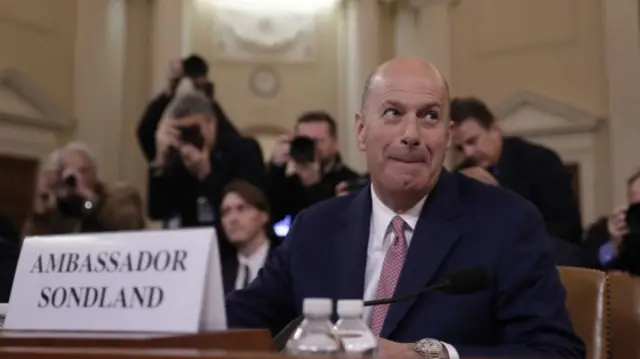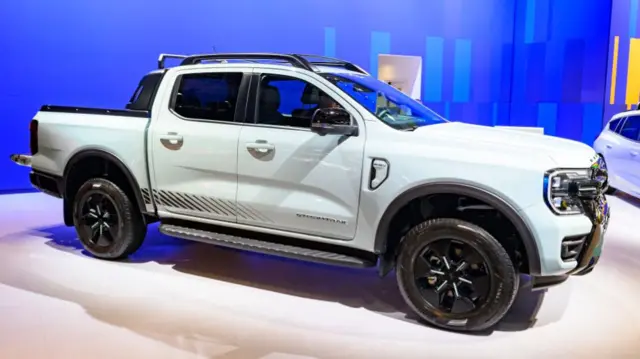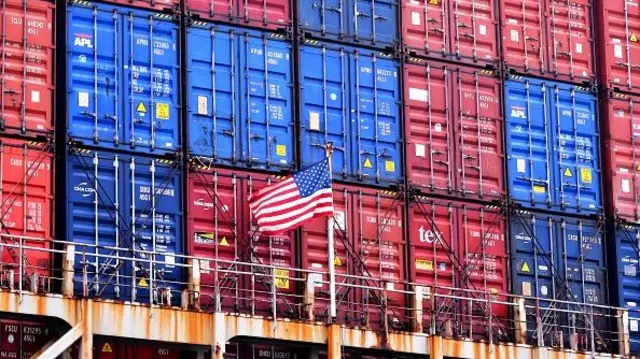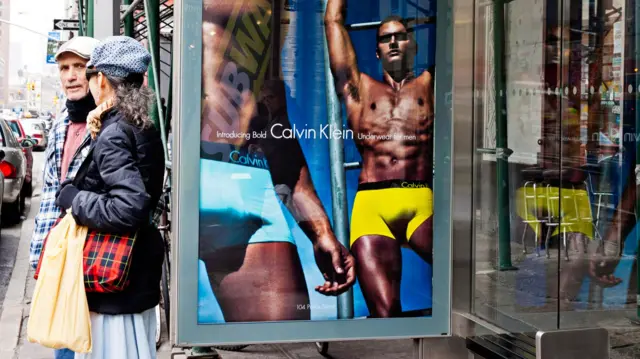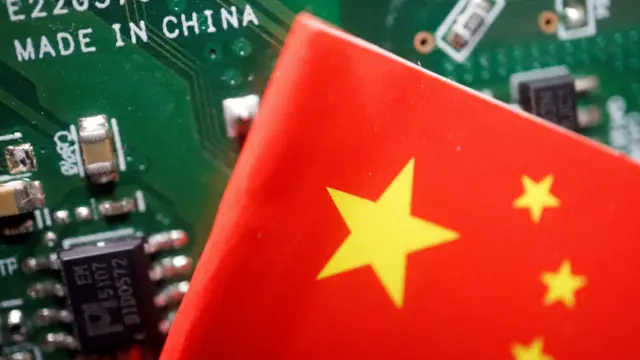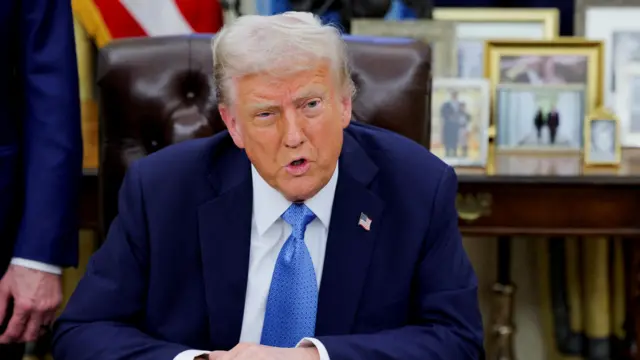Trump says sovereign wealth fund could help US buy TikTokpublished at 08:42 GMT 4 February
Lucy Hooker
Business reporter
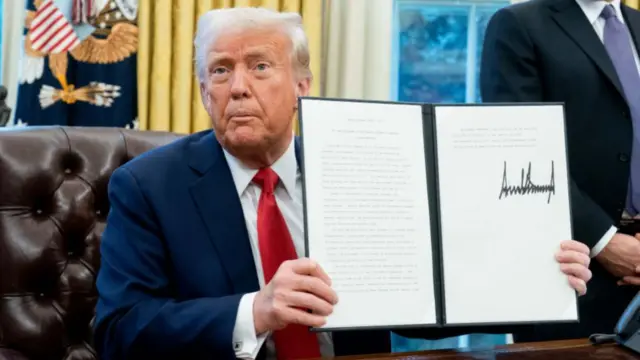 Image source, Getty Images
Image source, Getty ImagesLast night, Trump signed an executive order to start the process of establishing a US sovereign wealth fund.
These are investment accounts owned by countries, allowing surplus income from annual budgets to be used in a way that benefits future generations.
For instance, Saudi Arabia has made use of its fund to invest in the sporting world, controlling Newcastle United and bringing some of the biggest footballers in the world to the Middle East.
Trump has yet to clarify where the money for this new fund might come from, but during his election campaign, he suggested that it could be funded by “tariffs and other intelligent things”.
And, after signing the order, the president suggested that the fund could be used to solve the problem of TikTok - a Chinese owned company - after he delayed a ban on the platform’s use in the US.
"We're going to be doing something, perhaps with TikTok, and perhaps not," Trump said earlier. "If we make the right deal, we'll do it. Otherwise, we won't... we might put that in the sovereign wealth fund."
- Want to know more? Read our separate news story, which looks at where the money might come from and how Congress would need to approve Trump's new fund

